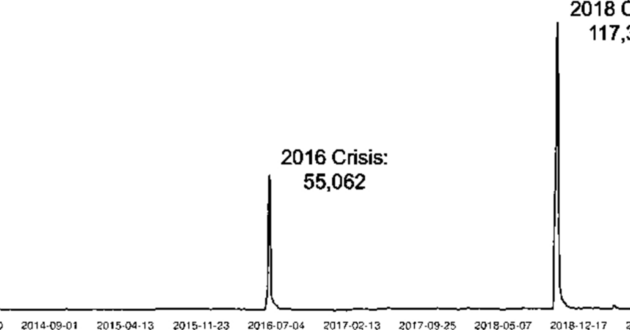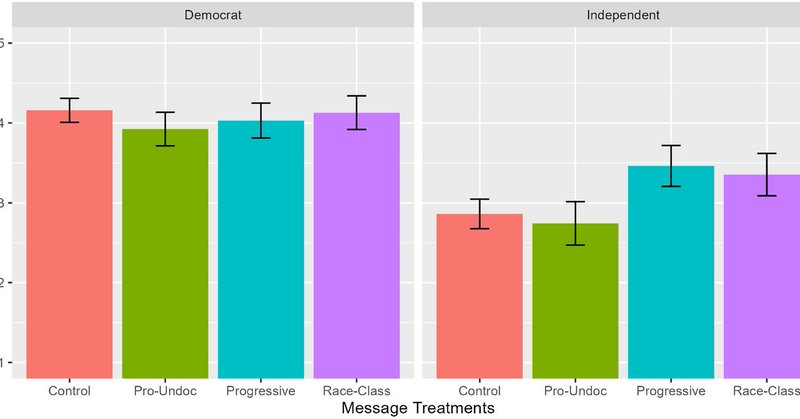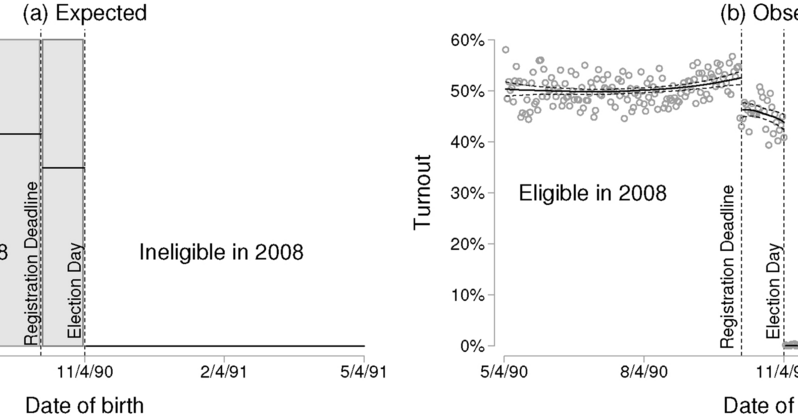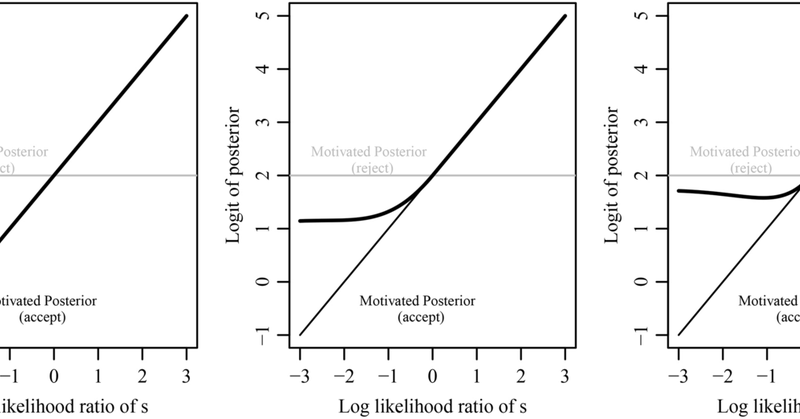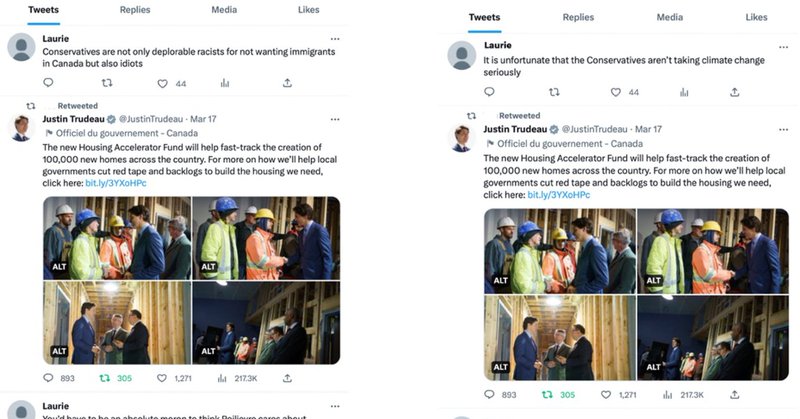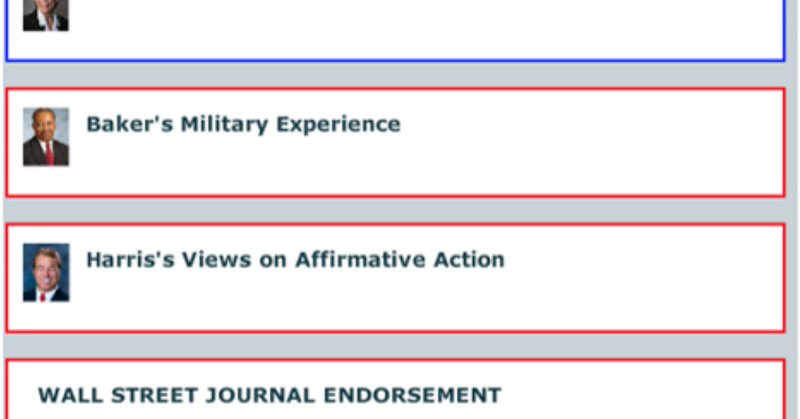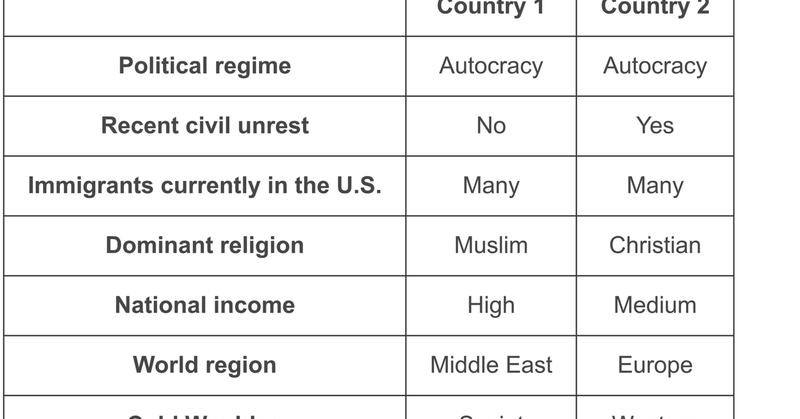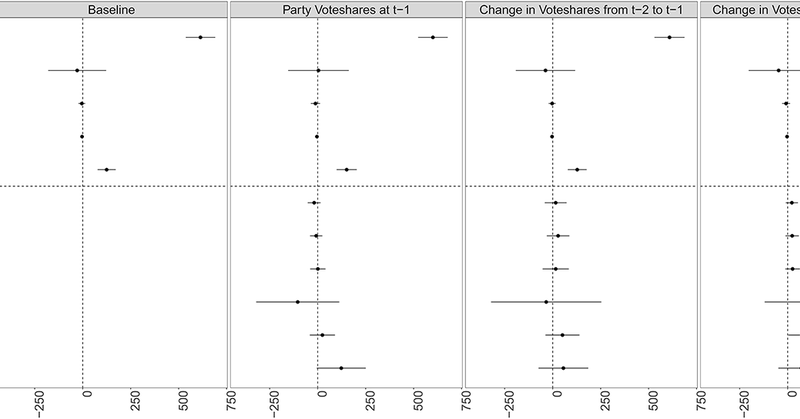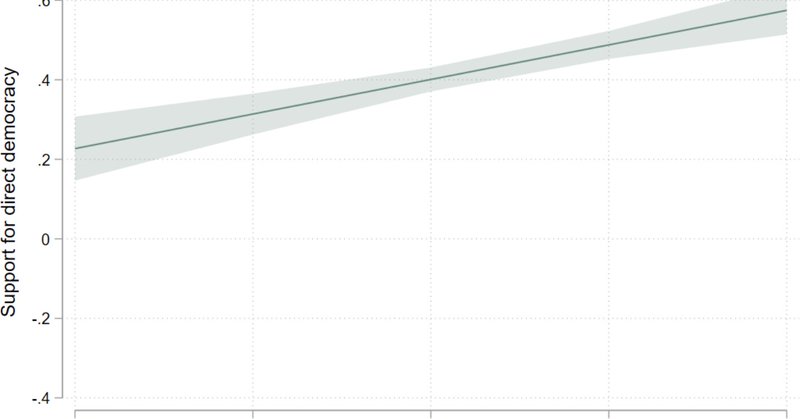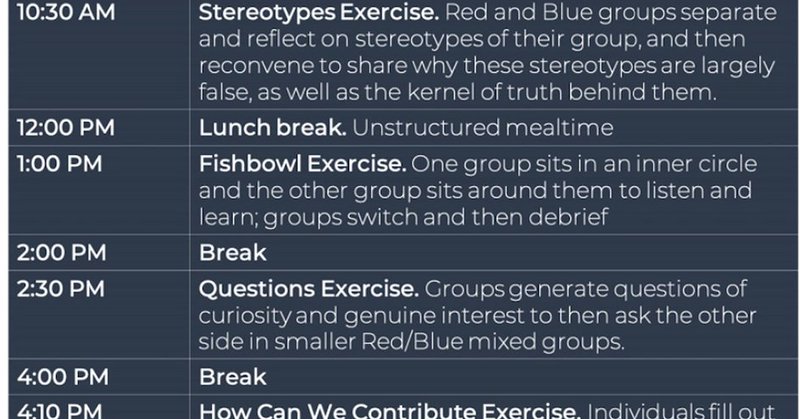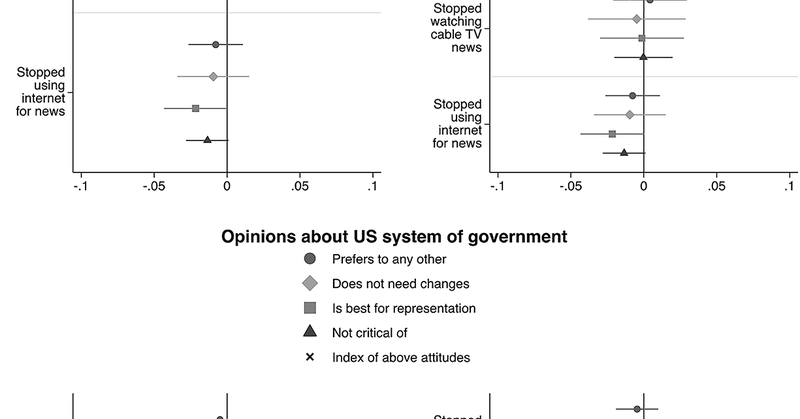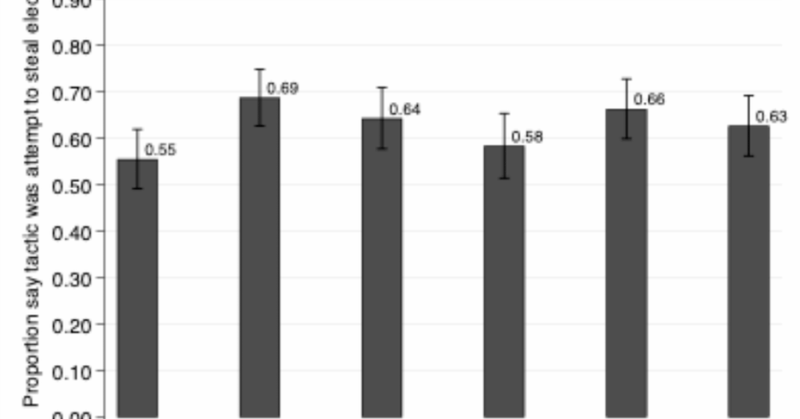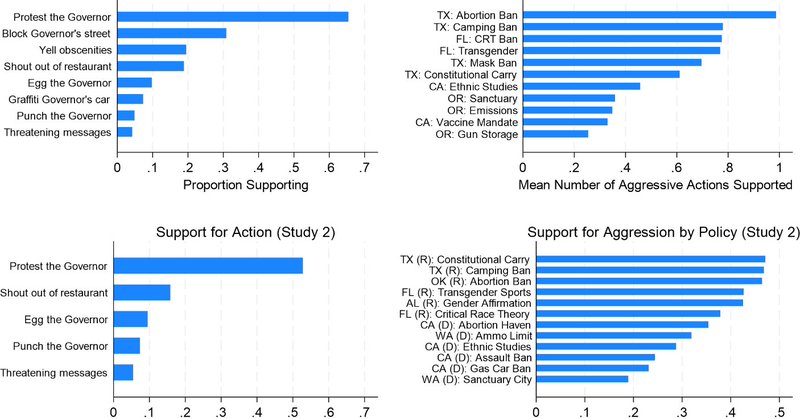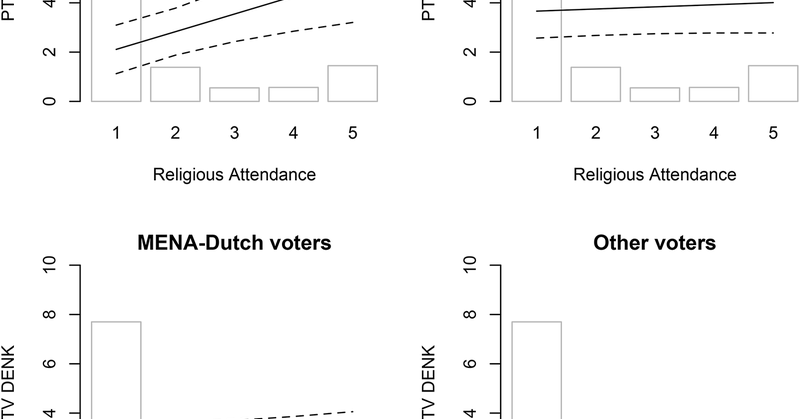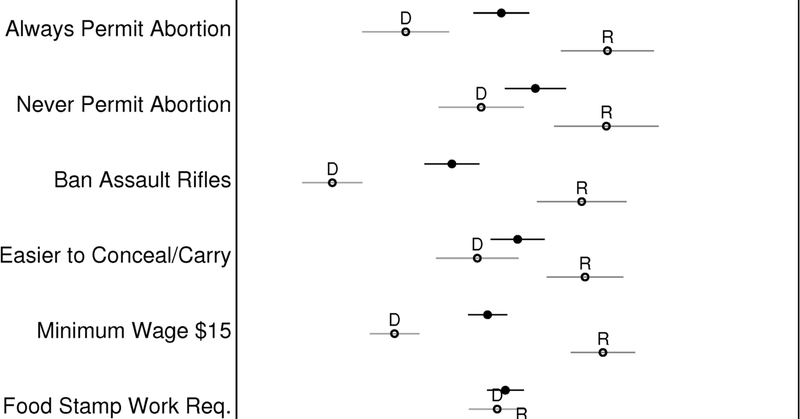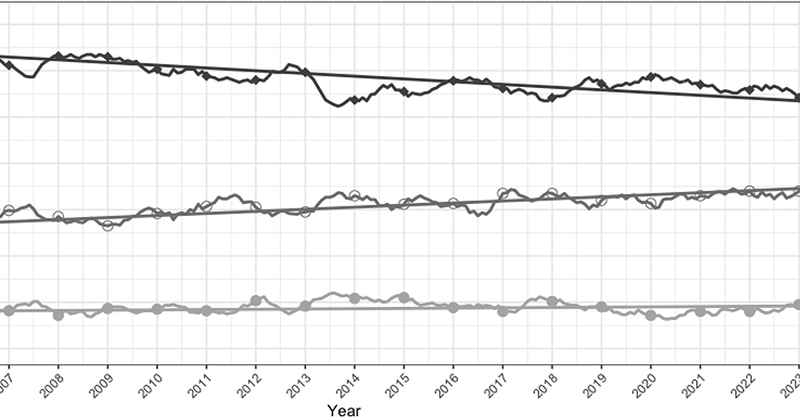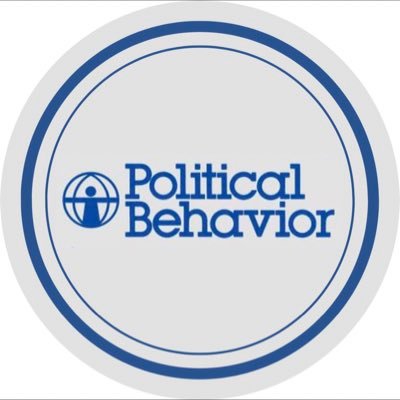
Political Behavior
@PolBehavior
Followers
6K
Following
329
Media
71
Statuses
714
An interdisciplinary journal associated with the @epovb section of @APSAtweets. Edited by Chris Karpowitz & Jessica Preece, @BYU
Joined December 2014
What happens to political trust after a crisis? New evidence from China shows governance failures sharply erode trust, and government corrections don’t work for everyone. “Insiders” with past exposure remain skeptical, while others recover. Read more: https://t.co/J3B4N1Wvgw
link.springer.com
Political Behavior - In a substantial literature on political trust in normal times, we know little about the impact on trust of crises or subsequent government efforts at correction. We...
0
3
12
What moves Latino independents? New evidence shows economic policy appeals drive the most positive reactions. Economic messages resonate across party lines, while immigration cues polarize more than they persuade. #PoliSciResearch Read more: https://t.co/5T25jXPK8W
link.springer.com
Political Behavior - Studies of minority voters have long considered the role of both ethnic identities and economic interests. However, research on Latino voters emphasizes ethnic identity and the...
0
1
13
Why do so many young Americans sit out elections? New evidence shows eligibility uncertainty creates sharp drops in youth turnout. Small rule changes (or clear info) can close the gap. #YouthVoters #ElectionResearch Read more: https://t.co/DORmL5SuaY
link.springer.com
Political Behavior - Is a lack of information about eligibility rules partly responsible for the particularly low youth voter turnout in U.S. elections? In a context where new voters usually have...
0
5
19
APSA’s Elections, Public Opinion & Voting Behavior Section is seeking nominations & applications for the next Editor of Political Behavior (term begins January 2027). Scholars & editorial teams encouraged to apply! Deadline: March 1, 2026. More info ⬇️ https://t.co/VsXci3JAd8
0
1
4
How do we know when loyal partisans stop excusing democratic violations? New research on “winners’ restraint” shows that even political winners have limits, and accumulating procedural abuses can trigger real withdrawal of legitimacy. Read more: https://t.co/IhR0ahT19m
link.springer.com
Political Behavior - While ‘losers’ consent’ has long been recognized as crucial for democratic stability, recent concerns over elite manipulation of democratic processes...
0
7
19
How do we tell motivated reasoning from Bayesian updating? Little shows that standard designs can’t distinguish them—unless people sometimes reject unwelcome information, which changes the picture. #BehavioralScience #PoliSciResearch Read more: https://t.co/8aGHdybWJ1
link.springer.com
Political Behavior - Can we use the way that people respond to information as evidence that partisan bias or directional motives influence political beliefs? It depends. Using one natural...
0
8
33
How does online tone shape polarization? Goel & Merkley find that people punish incivility from their own side—but not from opponents. Still, uncivil talk can spill over, fueling broader out-party hostility. Gender doesn’t change these effects. Read more: https://t.co/gZ2tRH6Ss2
link.springer.com
Political Behavior - Affective polarization is on the rise. Increasing polarization is often attributed to the nature of political discussion on social media platforms, but little is known about...
0
2
7
Education shapes how accurately citizens connect their interests to candidates. Goubin et al. find that more educated voters process political information more effectively and are more likely to cast a “correct” vote. Read more: https://t.co/4SqfqTH7lu
link.springer.com
Political Behavior - It has been well established that the effectiveness and quality of political representation is unequally distributed in Western democracies. Scholars have frequently warned...
0
0
4
Americans’ immigration attitudes reflect both country of origin and religion. Christley & Zhirkov find that immigrants from Muslim-majority countries face lower support for admission—across parties, though less so among Democrats. #Immigration Read more: https://t.co/zoUfSUu0hu
link.springer.com
Political Behavior - Does an immigrant’s country of origin shape Americans’ immigration preferences? If so, are some attributes of origin countries likely to provoke particularly strong...
0
1
11
Immigration doesn’t always spark backlash. Attewell, Jozwiak & Kuhn find that when migrants share ethnicity with natives, exposure can boost empathy and support pro-immigrant parties. In Germany, co-ethnic inflows aided the CDU. #Immigration Read more: https://t.co/3TbbUauEmT
link.springer.com
Political Behavior - Immigration often causes backlash, to the benefit of anti-immigrant parties. Most studies that identify the effect of immigration on native attitudes and behaviors leverage...
0
9
23
Political distrust pushes citizens away from representative democracy, but not uniformly toward its rivals. Van der Meer & Janssen find that distrust (especially among populists) fuels support for direct democracy. #Democracy Read more: https://t.co/hxvbw5CPnM
link.springer.com
Political Behavior - Distrust is widely argued to stimulate support for political and institutional change. Yet, there is little agreement among scholars whether distrust pulls people towards...
0
12
24
Couples therapy for a divided America? A Braver Angels–inspired workshop reduced partisan polarization among students through empathy and reflection, though some effects faded with time. Emotional + informational dialogue works. #Depolarization Read more: https://t.co/9IAJfvmxT5
link.springer.com
Political Behavior - Overcoming America’s deep partisan polarization poses a unique challenge: Americans must be able to sharply disagree on who should govern while agreeing on more...
0
3
18
Leaving a legacy? Darr & Harman find that Americans who move away from local newspapers lose faith in elections, but not in democracy itself. Declining local news may erode electoral trust. #PoliticalBehavior #MediaEffects Read more: https://t.co/y5k6aQb65l
link.springer.com
Political Behavior - Local political news is losing consumers over the past decade at a faster rate than other political media, while online news consumption is growing. Previous research shows...
0
5
18
Can seeing the “other side” differently heal division? Myers & Hvidsten find that meeting counter-stereotypical partisans reduces bias and improves feelings toward the out-party. #PoliticalBehavior #AffectivePolarization Read more: https://t.co/MzQmvZjNZW
link.springer.com
Political Behavior - Political (as opposed to professional) election oversight is one area in which the U.S. scores extremely low in measures of election integrity. Meanwhile, rancorous political...
0
4
15
Do fans make poor referees? ⚖️ Claassen, Ensley & Ryan find that when judging election tactics, partisans care more about who benefits than what’s fair. Independents? More neutral—but quieter critics. #PoliticalBehavior #ElectionIntegrity Read more:
link.springer.com
Political Behavior - Political (as opposed to professional) election oversight is one area in which the U.S. scores extremely low in measures of election integrity. Meanwhile, rancorous political...
0
1
20
When do strong attitudes turn dangerous? Clifford & Lothamer show that intense policy opposition, not partisanship, channels aggressive personalities toward supporting political violence. #AmericanPolitics Read more: https://t.co/OXnHXWbZHS
link.springer.com
Political Behavior - There is a long history of political violence in the United States. Scholars have documented numerous dispositions that predict support for violence as a political tactic,...
0
7
28
Do ethnic minority interest parties grow through programs, or people? Schaaf, Otjes & Spierings show that DENK’s support in the Netherlands stems mainly from personal & religious networks, while online ties matter less. #ComparativePolitics Read more: https://t.co/Kc6xexYsZP
link.springer.com
Political Behavior - Recently, parties that are run by and for ethnic minority citizens with a migration background have become more prominent. They can be considered a manifestation of ethnic...
0
1
9
Is nostalgia for authoritarian rule just history, or political behavior? Kim-Leffingwell shows that in South Korea & Taiwan, authoritarian nostalgia fosters group sentiment & attachment to successors, shaping voter behavior. #ComparativePolitics Read more: https://t.co/f0p5R3GqhO
link.springer.com
Political Behavior - Legacies of an authoritarian past have enduring effects on voters’ attitudes and behaviors. I argue that authoritarian nostalgia is an important source of group sentiment...
1
17
44
Is support for “states’ rights” really about federalism, or partisanship? Doherty, Touchton & Lyons show views on devolving policy to states hinge on elite cues & which party controls the legislature. #AmericanPolitics Read more: https://t.co/Yn3BMer9Ip
link.springer.com
Political Behavior - Do people think that some policies should be handled by the states, rather than the national government? In an era characterized by stark party polarization there is reason to...
0
2
13
How do independents talk politics? Eveland & Gee show that while partisans & true independents have similar discussion frequency & network size, their networks differ in partisan composition, shaping democratic diversity. #PoliticalBehavior Read more: https://t.co/aQa1En0rEf
link.springer.com
Political Behavior - Most prior U.S. political discussion research has failed to pay close attention to the networks of political independents, and to the differences between true partisans,...
0
3
18

